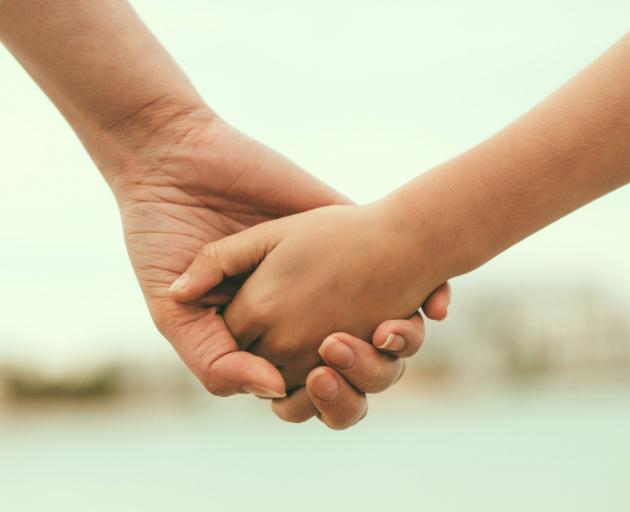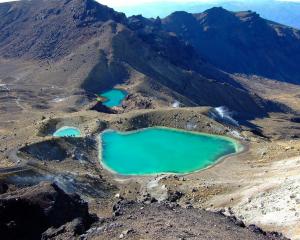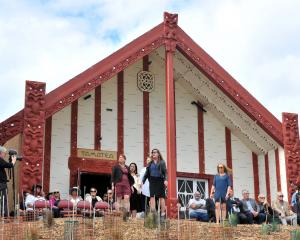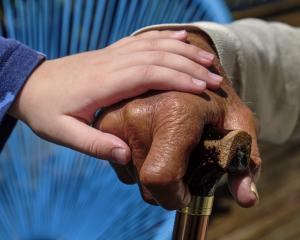

When I think about going home these days, I have an image of my aunt’s house in my mind. Four of her own children were raised there along with many cousins who needed a home when their parents were struggling. I remember it as a well-worn home filled with laughter, care and kai. When her adult children offered to build her a new home, she refused. She always seemed content with her lot in life.
My aunt originally trained as a nurse, working until she and my uncle started their own family in Auckland, which was very handy for my Ma when she needed support with her relationship with my father, a hurt man who didn’t have the tools to work on that. When my uncle and aunt moved back to our whenua they created beautiful gardens and always had chickens. My aunt was always busy caring for her children, her husband, doing chores, cooking, tending to the vege garden, and helping out with the family business, but somehow she had time to listen and laugh.

I’ve been thinking a lot lately about living sustainably. My aunt is still content in her eighties after a full life without all the trappings. She never focused on material possessions but rather on relationships, her gardens and animals, and just having what we need. She knew how to make space for herself and others. She’d take herself off to bed early sometimes, which explains her ability to have so much energy for all the things each day. Of course having sensible older kids, who could sometimes keep an eye on the younger ones, helped.
I remember feeling like I wanted it all; a lovely home, lots of kids, opportunities to be involved in the community, holidays. I was fine with a house that needed a lot of work, a couple of holidays a year and was heavily involved in community work with youngsters in tow. I kept striving to do more until I became aware that I was unhappy. An older mother had made a comment about the stages of life, which helped me realise that I was being impatient with the motherhood phase. It was freeing to be able to let go of my need to save the world at that point and enjoy being a mama.
I’m looking at the world around me and seeing a lot of stress and fatigue and wondering, how can we live in a way that we can sustain? Certainly for me, coming to accept the idea of different stages of life was very helpful. That and not needing the lovely home straight away. I have four fabulous young adults in my life. They don’t need me so much any more, most of them living out of town now, but we enjoy each other’s company when we can. These days I’m more focused on how I can contribute to the well-being of our wider community, an aspiration implanted in my youth by the way my Ma and her whānau lived their lives. The transition from motherhood to a career has been hard work but I don’t feel I have missed the window of opportunity in delaying to develop a career later in life.
Covid seemed to be a time when some re-balancing of life lessons were learned. They seem to have disappeared again as we have returned to meeting all the expectations. In this regard, the way society is set up isn’t very helpful but if we don’t find ways to resist, we set ourselves up for a lack of peace in our lives and perhaps burn-out. Others can’t make these decisions for us, but hopefully they’ll support us as we do. And who knows, maybe we’ll initiate a quiet revolution.











